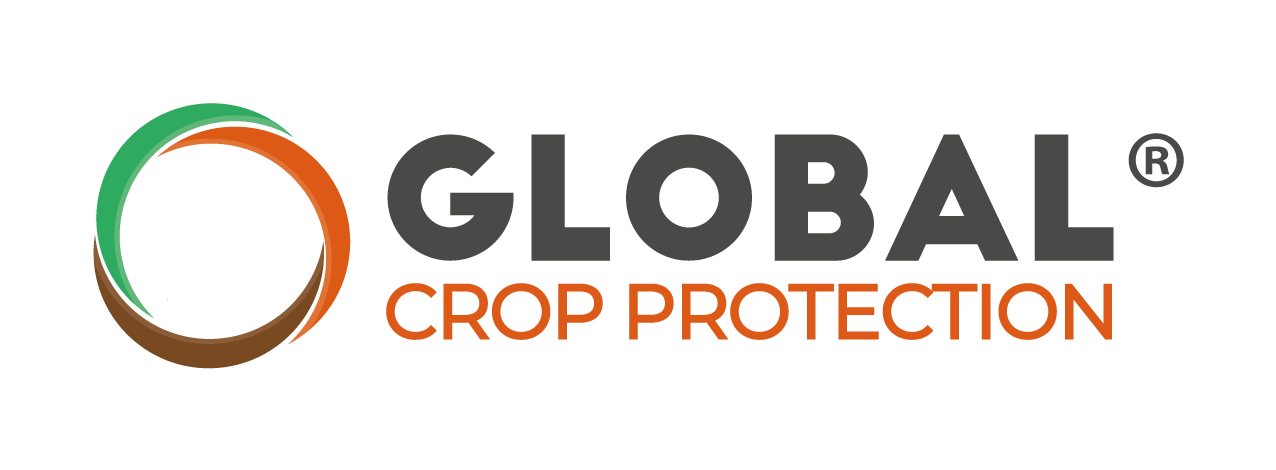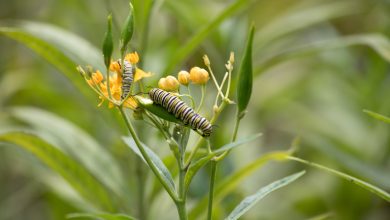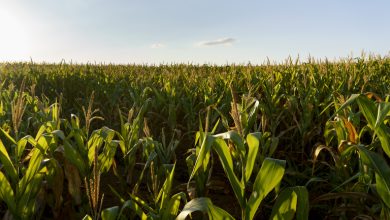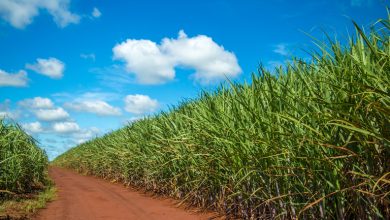USO E APLICAÇÃO
Treinamento para aplicador de dicamba é exigido pelo EPA
Treinamento para aplicador de dicamba é exigido pelo EPA
Both cotton and soybean producers looking to utilize the new dicamba technologies this year will need to attend one of the upcoming EPA-mandated dicamba-specific applicator trainings if they intend to handle and/or apply the pesticides themselves.
Environmental Protection Agency (EPA), Oklahoma Department of Agriculture, Food and Forestry (ODAFF), OSU Extension and the chemical companies (Monsanto, DuPont, and BASF) have worked together to provide updated application requirements and training materials.
Currently there are three dicamba products labeled for “over the top” use on the Xtend Crop Systems. These products are XtendiMax with VaporGrip Technology (Monsanto); FeXapan Plus VaporGrip Technology (DuPont); and Engenia (BASF). In order to lawfully purchase, handle or apply one of these newly formulated dicamba herbicides you will need to attend one of the upcoming training meetings.
While these products are much less likely to move off-target compared to other formulations of dicamba herbicides, there still were a few herbicide damage cases in Oklahoma last year. Some surrounding states had reports of several hundred cases of herbicide damage to nearby crops and susceptible plants.
Non-dicamba tolerant soybeans are sensitive to the herbicide dicamba. This herbicide can move off-target in three ways: physical spray drift carried by the wind, vapor drift when environmental conditions lead to dicamba volatilization then carried by the wind, and sprayer contamination.
The herbicide labels for these products have specific directions on how to prevent movement of these pesticides off-target. In Oklahoma last year, the main issue seemed to be improper sprayer cleanout.
Recent changes have occurred with all three of the dicamba products, with a major change of EPA classifying all three products as restricted use pesticides. Now only certified applicators (commercial or private) who attend one of the dicamba-specific trainings can purchase and apply these products.
Even people under direct supervision of a certified applicator will need to attend one of these trainings if they are handling these products.
ODAFF will reciprocate with Kansas and Texas on these dicamba-specific trainings. ODAFF will issue new cards with a dicamba training designation on the card to all certified applicators who attend a training event.
ODAFF also will issue a certificate for non-certified applicators that attend the training who work under direct supervision of a certified applicator.
OSU Extension is conducting several training events throughout the state this spring: Feb. 7 in Shawnee, Feb. 9 in Cordell, Feb. 13 in Enid, Feb. 15 in Blackwell, March 6 in Carnegie, TBD in Taloga, TBD in Cherokee, TBD in Goodwell, TBD in Coweta/Muskogee, TDB in Afton/Miami, and additional dates to come along with video conferencing.
Contact your local county extension office to find out more information on these training events.
Enid News & Eagle, 22/01/2018




